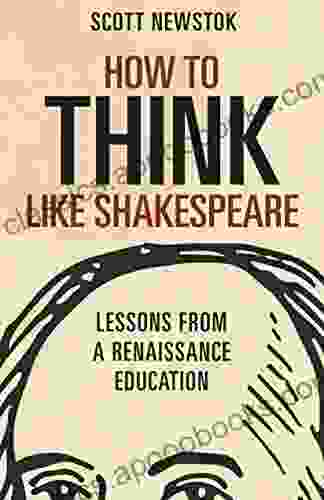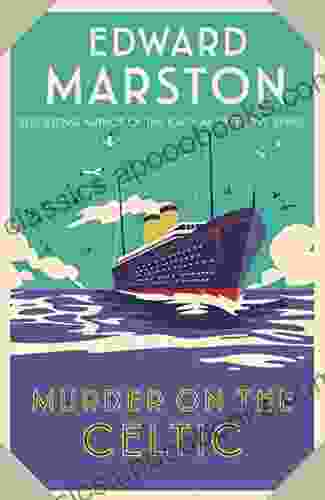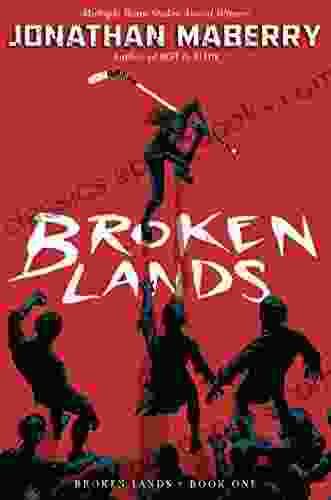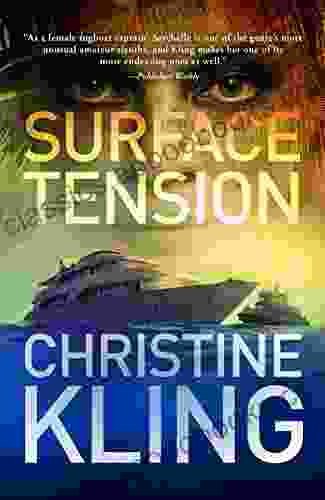How to Think Like Shakespeare: Uncover the Secrets of the Bard's Genius

William Shakespeare, the greatest writer who ever lived, possessed a mind that was unparalleled in its brilliance. His plays and poems have captivated audiences for centuries, and his characters have become iconic symbols of human nature. But how did Shakespeare develop such an extraordinary mind? And how can we learn to think like him?
4.3 out of 5
| Language | : | English |
| File size | : | 5724 KB |
| Text-to-Speech | : | Enabled |
| Enhanced typesetting | : | Enabled |
| X-Ray | : | Enabled |
| Word Wise | : | Enabled |
| Print length | : | 207 pages |
| Screen Reader | : | Supported |
In his book "How to Think Like Shakespeare," literary scholar James Shapiro offers a fascinating glimpse into the mind of the Bard. Shapiro argues that Shakespeare's genius was not simply a matter of talent, but also of hard work and dedication. He spent years studying the works of classical authors, from Homer to Ovid, and he was deeply influenced by the Renaissance humanists. These influences helped him to develop a unique way of seeing the world, a way of thinking that allowed him to create characters that were both timeless and universal.
Shapiro identifies four key elements of Shakespeare's thinking:
- Attention to language: Shakespeare was a master of language. He had a vast vocabulary and a deep understanding of grammar and syntax. He used language to create beautiful and evocative images, and to explore complex ideas.
- Empathy: Shakespeare was able to understand and empathize with people from all walks of life. He created characters that were flawed and complex, and he showed us how they struggled with the same challenges that we face today.
- Imagination: Shakespeare had a boundless imagination. He could see the world in new and unexpected ways, and he could create characters and stories that were both believable and fantastical.
- Intellectual curiosity: Shakespeare was always curious about the world around him. He was interested in politics, history, science, and philosophy. This curiosity helped him to create works that are both entertaining and thought-provoking.
Shapiro argues that we can all learn to think like Shakespeare by developing these four qualities in ourselves. We can become more attentive to language by reading great literature and poetry. We can develop our empathy by listening to the stories of others and trying to understand their perspectives. We can cultivate our imagination by reading fiction and watching movies that spark our creativity. And we can satisfy our intellectual curiosity by exploring new subjects and learning about the world around us.
"How to Think Like Shakespeare" is an essential read for anyone who wants to understand the genius of the Bard. Shapiro's insights are clear and engaging, and he provides practical advice that can help us all to improve our own thinking and writing skills. Whether you're a student, a teacher, a writer, or simply a lover of literature, you'll find something to enjoy in this book.
Here are a few quotes from the book to whet your appetite:
- "Shakespeare's language is not simply a means of communication. It is a way of thinking."
- "Empathy is the ability to see the world through the eyes of another person."
- "Imagination is the ability to see the world in new and unexpected ways."
- "Intellectual curiosity is the desire to learn more about the world around us."
If you're ready to unlock the secrets of Shakespeare's genius, Free Download your copy of "How to Think Like Shakespeare" today.
Free Download your copy today!
4.3 out of 5
| Language | : | English |
| File size | : | 5724 KB |
| Text-to-Speech | : | Enabled |
| Enhanced typesetting | : | Enabled |
| X-Ray | : | Enabled |
| Word Wise | : | Enabled |
| Print length | : | 207 pages |
| Screen Reader | : | Supported |
Do you want to contribute by writing guest posts on this blog?
Please contact us and send us a resume of previous articles that you have written.
 Book
Book Novel
Novel Page
Page Chapter
Chapter Text
Text Story
Story Genre
Genre Reader
Reader Library
Library Paperback
Paperback E-book
E-book Magazine
Magazine Newspaper
Newspaper Paragraph
Paragraph Sentence
Sentence Bookmark
Bookmark Shelf
Shelf Glossary
Glossary Bibliography
Bibliography Foreword
Foreword Preface
Preface Synopsis
Synopsis Annotation
Annotation Footnote
Footnote Manuscript
Manuscript Scroll
Scroll Codex
Codex Tome
Tome Bestseller
Bestseller Classics
Classics Library card
Library card Narrative
Narrative Biography
Biography Autobiography
Autobiography Memoir
Memoir Reference
Reference Encyclopedia
Encyclopedia Emm Gryner
Emm Gryner Cristina Turcan
Cristina Turcan Darrell Pitt
Darrell Pitt Andy Weir
Andy Weir Jen Kim
Jen Kim Emily Bleeker
Emily Bleeker Melissa Broder
Melissa Broder Toni Gilpin
Toni Gilpin Andy Duerden
Andy Duerden Andy Frazier
Andy Frazier Lisa Hughey
Lisa Hughey Michael Tavon
Michael Tavon Andrew Machota
Andrew Machota Benjamin Jensen
Benjamin Jensen Tini Howard
Tini Howard Vanessa Leonardi
Vanessa Leonardi Andrew A Boa
Andrew A Boa Andrew Post
Andrew Post Norah Lofts
Norah Lofts Eric Redman
Eric Redman
Light bulbAdvertise smarter! Our strategic ad space ensures maximum exposure. Reserve your spot today!
 Cody BlairFollow ·5.1k
Cody BlairFollow ·5.1k Charles DickensFollow ·7.9k
Charles DickensFollow ·7.9k Robin PowellFollow ·11.4k
Robin PowellFollow ·11.4k Fernando BellFollow ·3.2k
Fernando BellFollow ·3.2k Todd TurnerFollow ·3.6k
Todd TurnerFollow ·3.6k Bryan GrayFollow ·2.5k
Bryan GrayFollow ·2.5k Julian PowellFollow ·2.4k
Julian PowellFollow ·2.4k Jeffrey CoxFollow ·13.4k
Jeffrey CoxFollow ·13.4k

 Devin Ross
Devin RossUnlocking the Secrets of the Mind: Brain Mapping...
The human...
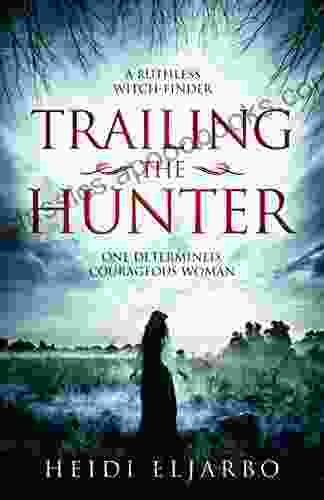
 Jacob Foster
Jacob FosterNovel of Misconception, Truth, and Love: A Journey of...
Unraveling the Lies We...

 Benji Powell
Benji PowellThe Only Technique You Will Ever Need: Unlocking the...
By [Author's...

 Pete Blair
Pete BlairUnveiling the Enchanting World of 'Magnolia House' by...
A Literary...
4.3 out of 5
| Language | : | English |
| File size | : | 5724 KB |
| Text-to-Speech | : | Enabled |
| Enhanced typesetting | : | Enabled |
| X-Ray | : | Enabled |
| Word Wise | : | Enabled |
| Print length | : | 207 pages |
| Screen Reader | : | Supported |


